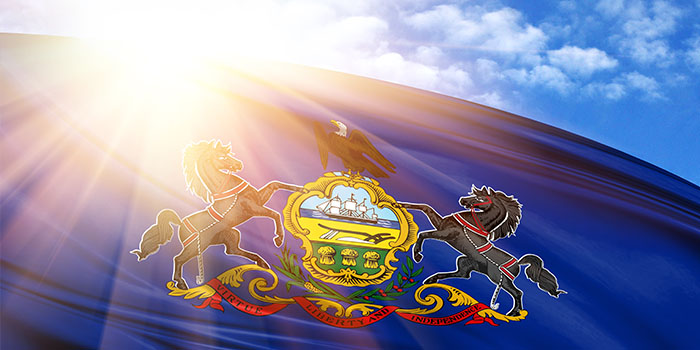Commonly referred to as skill-based games, this form of engagement has distinguished itself from conventional games of chance such as blackjack, roulette, or slots machines. The proliferation of these real-money skill-based games is notable across the US, yet legislation regulating these games is still lacking in many states. Nevertheless, in the absence of explicit laws against such games, their legality remains untouched, paving the way for their significant expansion, irrespective of state. Among the states considering the legal framework for skill-based games, Pennsylvania stands prominent.
A notable initiative in this direction is led by State Representative Danilo Burgos, who is a key advocate of House Bill 2075. This is a bill that seeks to establish a regulatory framework for skill game providers. The proposal was first tabled in September. If this proposal becomes law, the Department of Revenue will assume the responsibility for monitoring these activities.
Among other things, the Department of Revenue will supervise the licensing of operators involved in offering skill-based games, with a mandate to also instigate penalties for any violations. Furthermore, its responsibilities will extend to tax implementation and the establishment of zoning laws for these games. Under the provisions of House Bill 2075, providers of these games, referred to as distributors, will be liable to a 16% tax on gross profits.
There has been notable progress on the legality of skill games in Pennsylvania. More specifically, a significant precedent was set in December when the Commonwealth Court legalized skill games, thus forging a path for the regulation of such games within the state.
Bill Gains Momentum in Recent Weeks
Notably last month, Pennsylvania Governor Josh Shapiro presented his projected budget for fiscal years 2024/2025. The Governor’s budget, interestingly, accounted for revenues to be derived from taxing skill games – a clear pointer towards a favorable inclination towards regulating this emerging vertical. It is interesting to note, however, that the Governor’s budget proposal suggested a heavier tax of 42% on gross gaming revenue, compared to House Bill 2075.
The legislative initiatives championed by Rep. Burgos gained meaningful support last week. His bill continues on its legislative journey, having been directed to the House’s Gaming Oversight Committee for further scrutiny and potential approval.
Outside of Pennsylvania, the development of a regulatory framework for the management of skill games is also gathering pace in Nebraska. Just last month, local politicians proposed a new set of stricter regulations for the industry. Under this legislation, dubbed LB685, distributors of skill games would be subjected to a 5% tax on net profits, in addition to a subsequent fee of $100 per machine.







